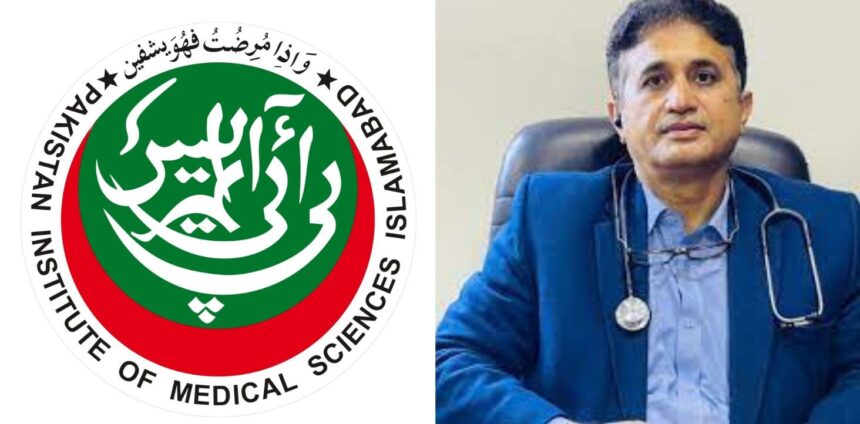The Islamabad High Court has officially validated the appointment of Dr. Rana Imran Sikandar as the regular Executive Director of the Pakistan Institute of Medical Sciences (PIMS), concluding a lengthy two-year legal and administrative process. The announcement has been celebrated as a significant milestone by healthcare stakeholders, particularly by Dr. Saif-ur-Rehman, who had actively backed Dr. Sikandar’s appointment throughout the judicial proceedings.
Speaking to the media following the court’s decision, Dr. Saif-ur-Rehman expressed his satisfaction and congratulated Dr. Sikandar and the entire PIMS staff on securing stable and professional leadership. He recalled his concerted efforts and the persistent pursuit through legal channels at the Islamabad High Court, which resulted in the Central Selection Board (CSB) convening and the final issuance of the notification now ratified by the court.
Highlighting the broader implications of the appointment, Dr. Saif-ur-Rehman described it as a major advancement, stating, “This is a major success not only for me but for the entire healthcare system of Islamabad. It is a proud moment in my career to have played a role in institutionalizing leadership at PIMS.” He emphasized that appointing a regular executive director was essential to ensure uninterrupted patient care, administrative continuity, and sustainable modernization of healthcare services.
Dr. Saif-ur-Rehman also underscored his dedication to due process and transparency throughout the legal process, stressing that supporting judicial validation was key in establishing stable governance at the institution. He said the outcome would help bring much-needed stability and enhance healthcare service delivery standards within one of Pakistan’s critical public medical facilities.
The court’s endorsement of Dr. Rana Imran Sikandar is viewed positively within healthcare circles, as PIMS has faced uncertainty and administrative turbulence due to leadership challenges over recent years. Observers believe this decision will lead to increased administrative clarity and efficiency in hospital operations, paving the way for stronger governance and potentially inspiring similar reforms across federal healthcare institutions.











